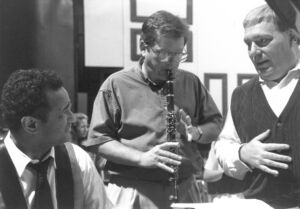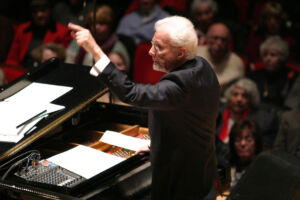I’m a ridiculously bad blogger. Partly because I lack the time. Partly because I am relatively convinced that no one reads it anyway. But occasionally, it is good therapy and that is certainly the case today.
The summer of 2023 has been painful in that I have lost three formative influences on my professional life. I have lost three caring personal friends. Gerhardt Zimmermann, Peter Nero, and Andre Watts were all musicians who influenced my development as a conductor and as a musician, and the music world lost them all within a matter of weeks.
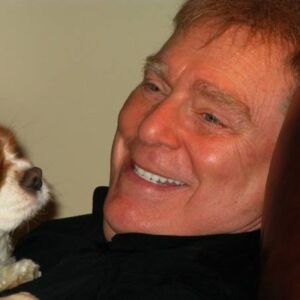
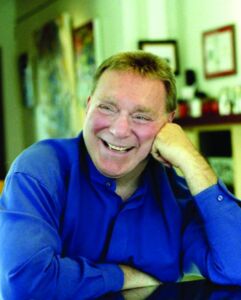
Andre Watts was an icon of American music, having made his debut with the New York Philharmonic at the age of 16. As a black artist growing up in the 60’s he was a trail blazer, no doubt. My first exposure to him was at the height of his career when he appeared in Zimmermann’s first concert with the Canton Symphony. The two hit it off splendidly and he made many return trips to Canton during my time there. Andre could be very difficult on conductors, so I had a front row seat for the lesson in accompanying. As fate would have it, I covered concerts in which Andre appeared during my tenure with the Columbus orchestra as well. In fact, one was with Zimmermann and illness almost necessitated my assuming the podium. Another trip to Columbus saw Andre paired with the music director, and the two artists did not assimilate well at all. In fact it was a real object lesson in how tough Andre could be. Because he was less than enthusiastic about his musical partner of the week, he and I bonded further in a unique way. This resulted in my invitation to Andre to play with the Springfield Symphony.
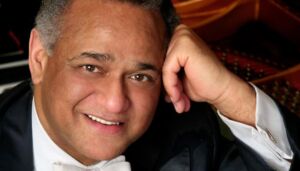
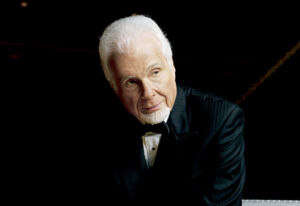
I have always needed a certain degree of reassurance as my craft has developed. These three artists provided that vindication, each in a unique way. While I eventually lost touch with each of them, the mark they made on my career and my personal development has been substantial, and think of them with respect and love.


